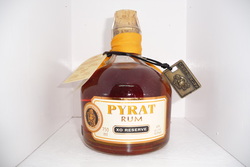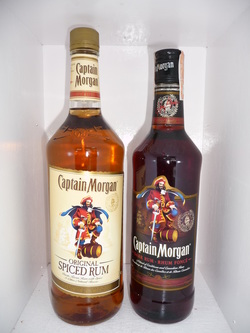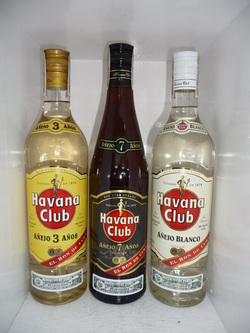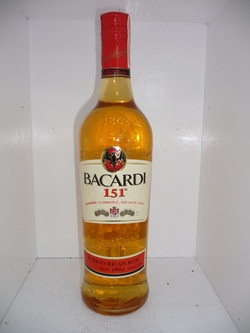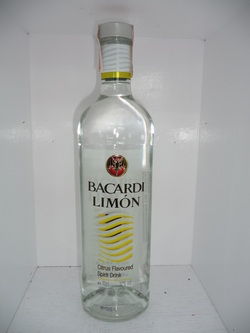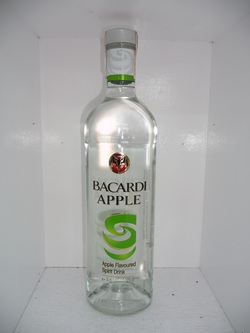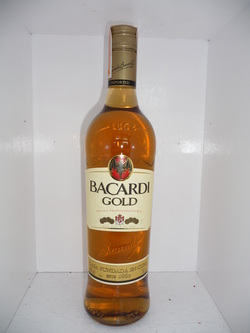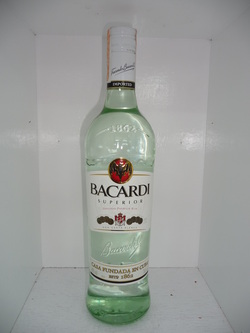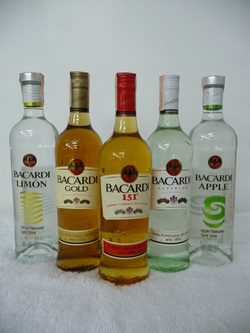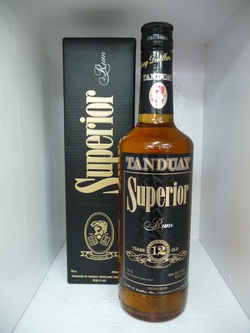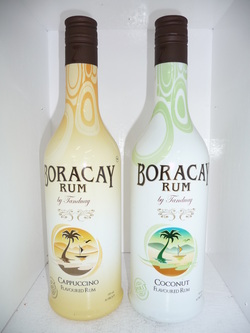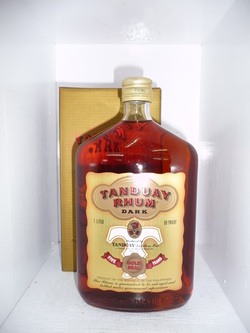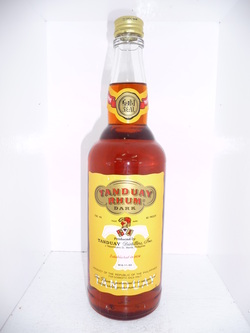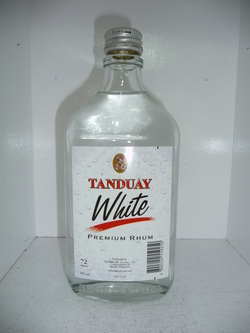Rhum
Rum is a distilled alcoholic beverage made from sugarcane by-products such as molasses, or, directly from sugarcane juice, by a process of fermentation and distillation. The distillate, a clear liquid, is then usually aged in oak barrels. Rum can be referred to by descriptors such as “ron viejo” ("old rum") and "ron añejo" ("aged rum").
The majority of the world's rum production occurs in Caribbean and Latin American nations and territories (including The Dominican Republic, Guatemala, Colombia, Venezuela, Barbados, Jamaica, Trinidad and Tobago, Puerto Rico, Brazil, Haiti, Belize, Grenada, Guyana, and Cuba). Rum producers are also found in places such as Australia, Fiji, Mexico, The Philippines, India, Reunion Island, Mauritius, and South Africa.
Light rums are commonly used in cocktails, whereas "golden" and "dark" rums are typically consumed individually (i.e., "straight"), or for cooking. Premium rums are also available, made to be consumed either straight or iced.
Rum plays a part in the culture of most islands of the West Indies, and has famous associations with the Royal Navy (where it was mixed with water or beer to make grog) and piracy (where it was consumed as Bumboo). Rum has also served as a popular medium of economic exchange, used to helped to fund enterprises such as slavery, organized crime, and military insurgencies (e.g., the American Revolution and Australia's Rum Rebellion).
The majority of the world's rum production occurs in Caribbean and Latin American nations and territories (including The Dominican Republic, Guatemala, Colombia, Venezuela, Barbados, Jamaica, Trinidad and Tobago, Puerto Rico, Brazil, Haiti, Belize, Grenada, Guyana, and Cuba). Rum producers are also found in places such as Australia, Fiji, Mexico, The Philippines, India, Reunion Island, Mauritius, and South Africa.
Light rums are commonly used in cocktails, whereas "golden" and "dark" rums are typically consumed individually (i.e., "straight"), or for cooking. Premium rums are also available, made to be consumed either straight or iced.
Rum plays a part in the culture of most islands of the West Indies, and has famous associations with the Royal Navy (where it was mixed with water or beer to make grog) and piracy (where it was consumed as Bumboo). Rum has also served as a popular medium of economic exchange, used to helped to fund enterprises such as slavery, organized crime, and military insurgencies (e.g., the American Revolution and Australia's Rum Rebellion).
